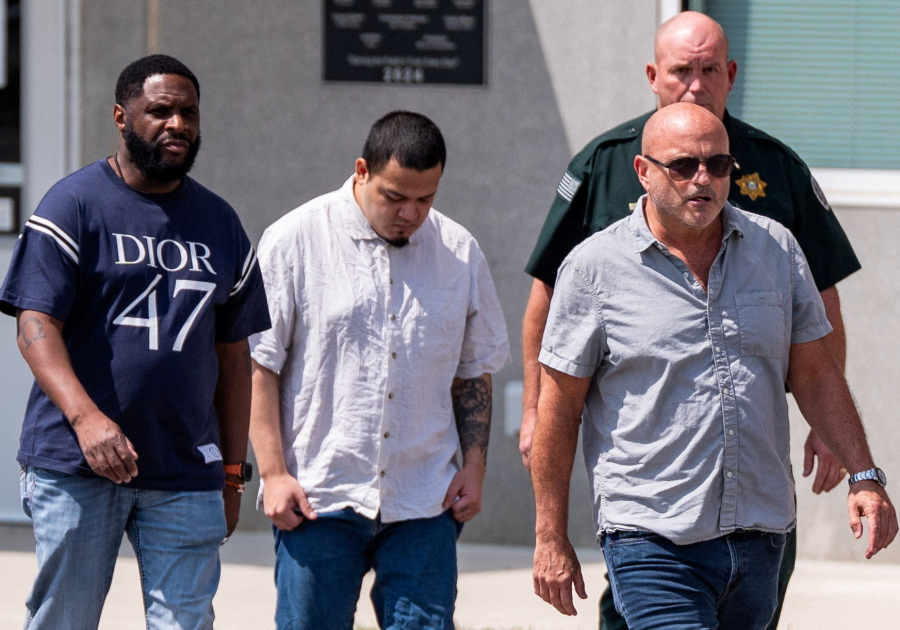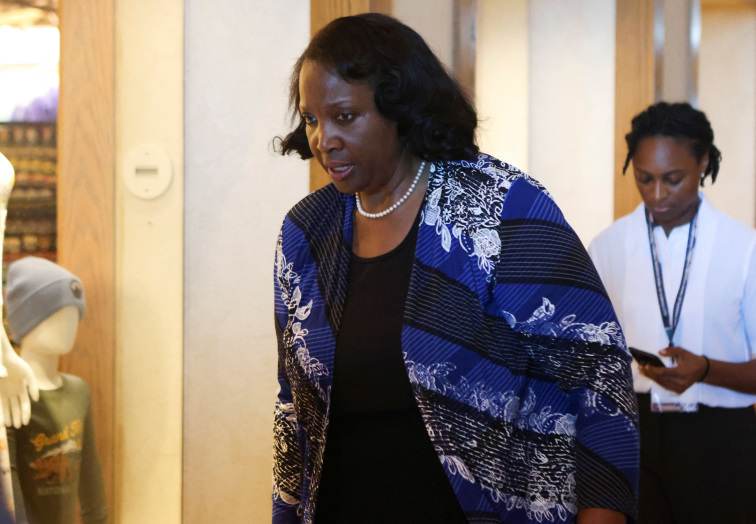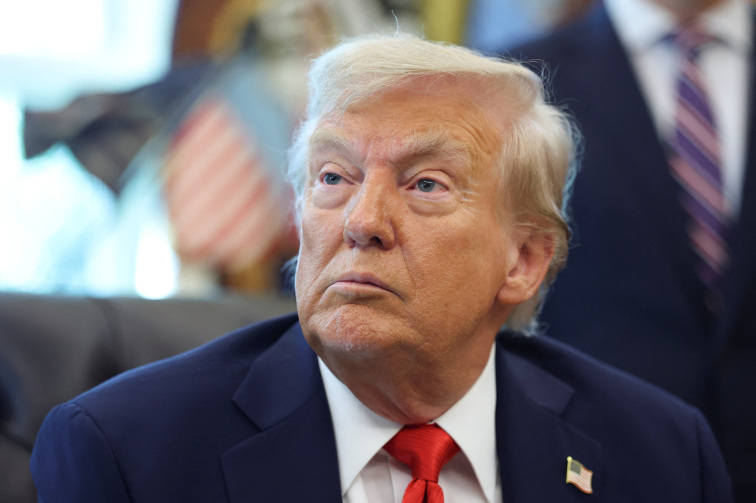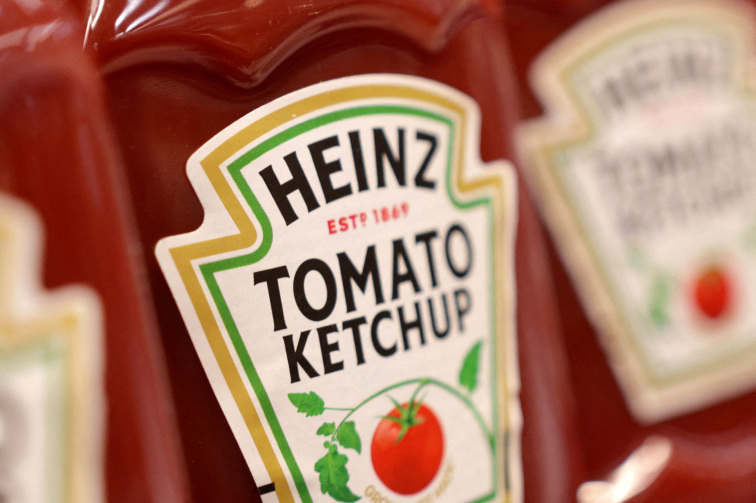(Reuters) -Kilmar Abrego, the migrant whose wrongful deportation to El Salvador made him a symbol of U.S. President Donald Trump's aggressive immigration policies, entered an Immigration and Customs Enforcement field office in Baltimore on Monday while facing the possibility of being deported again, this time to Uganda.
Abrego, 30, was released from criminal custody in Tennessee on Friday and returned to a family home in Maryland after more than five months of detention, including time in a mega-prison in his native El Salvador known for its harsh conditions. But he may not be free for long, as immigration officials could take him into custody and initiate new deportation proceedings.
Abrego was due to check in with ICE at 8 a.m. EDT (1200 GMT) on Monday. He entered the downtown Baltimore field office around 7:30 a.m., surrounded by a crowd of supporters chanting "Si se puede," Spanish for "Yes we can." He and his wife embraced in the building's lobby before proceeding through a security checkpoint.
U.S. officials have offered to deport him to Costa Rica - like El Salvador, a Spanish-speaking country in Central America - if he pleads guilty to charges of transporting migrants living illegally in the U.S., according to his lawyers. Without a guilty plea, he could be removed to Uganda, an East African country that is "far more dangerous," his lawyers said in court documents filed on Saturday.
Abrego has pleaded not guilty, but his lawyers acknowledged they have entered plea discussions with the government to possibly avoid deportation to Uganda.
His lawyers are also asking Nashville-based U.S. District Judge Waverly Crenshaw, who is overseeing his criminal case, to dismiss the charges, saying he had been "vindictively and selectively" prosecuted out of Trump administration retaliation for challenging his previous deportation.
Abrego was deported to El Salvador in March despite a 2019 immigration court ruling that he not be sent there due to a risk of persecution by gangs. He was flown back to the U.S. in June to face the criminal charges.
His case drew attention as the Trump administration for months took no apparent steps to bring him back despite an official's acknowledgement that his deportation had been an "administrative error" and a federal judge's order to facilitate his return.
Crenshaw last month affirmed U.S. Magistrate Judge Barbara Holmes' order for Abrego to be released from pre-trial custody, finding he was neither a danger to the community nor a risk of flight.
Homeland Security Secretary Kristi Noem said the U.S. government still considered him a dangerous criminal and an immigration violator, calling him a "monster" who was released by "activist liberal judges."
(Reporting Daniel Trotta in Carlsbad, California and Luc Cohen in New York; Editing by Caitlin Webber, Lincoln Feast and Chizu Nomiyama )











News magazine bootstrap themes!
I like this themes, fast loading and look profesional
Thank you Carlos!
You're welcome!
Please support me with give positive rating!
Yes Sure!